Obviously, Judaism began a long time ago, but when did Judaism become a religion? Or “just” a religion? What if we were to say: 1885?
That seems ridiculous, but in understanding how this could possibly be considered a correct answer, you get a better picture of not only how Judaism has been seen through the ages, but more importantly, how different Jews see it today.
Defining culture, nation & religion
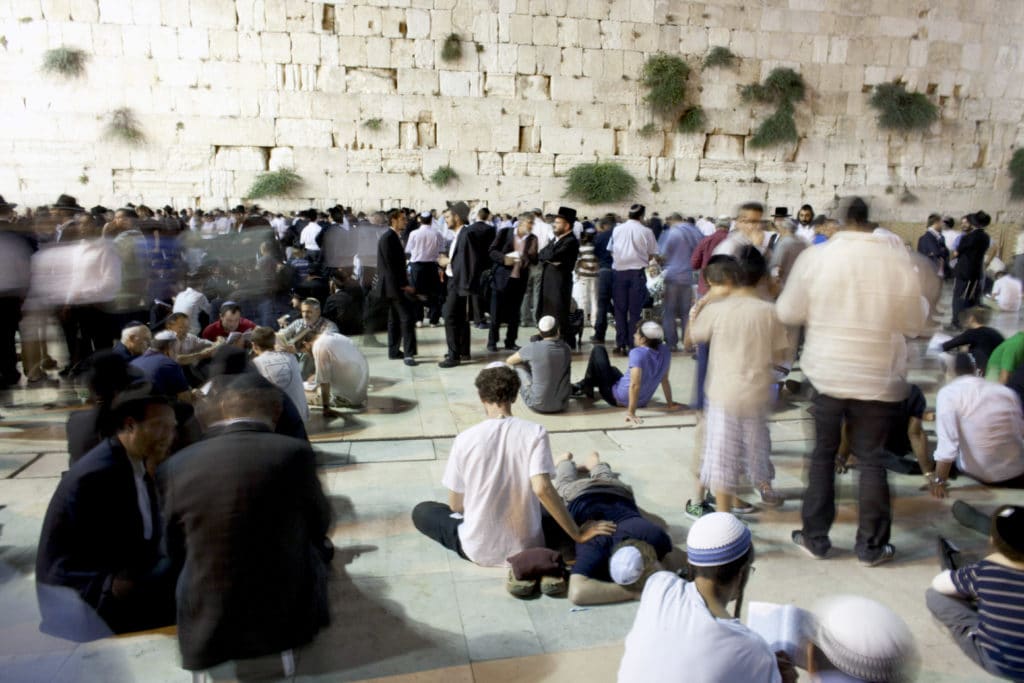
Often when Americans say religion, we’re combining a few different ideas. We’re lumping together religion, culture, and nationality. Each of these is incredibly difficult to define, but broadly speaking:
Religion is connected to beliefs and often rituals as well. What are your beliefs in God? How do you pray?
Culture has to do with day to day activities. What you eat. How you dress.
And nationality is about being born into a group, sharing an ethnicity, and following the same laws.
So what is Judaism? Is it a religion? A culture? Or a nationality? The answer is…well…yes. There are religious, cultural, and national aspects of Judaism.
These days, different Jews emphasize different elements of what it means to be Jewish to different degrees.
But it wasn’t always that way.
You see, for the longest time, to be Jewish, to be a part of Am Yisrael, the nation of Israel, meant being a part of a religion, a culture, and a nationality. In a predominantly Christian world, it’s hard to think about how Judaism, at its core, has always been unique from Christianity, not just in its beliefs, but also in what it is.
The Jews, even as they were scattered geographically, were united by shared beliefs, customs, and laws. One simply could not be separated from the next.
How nation-states affected Judaism
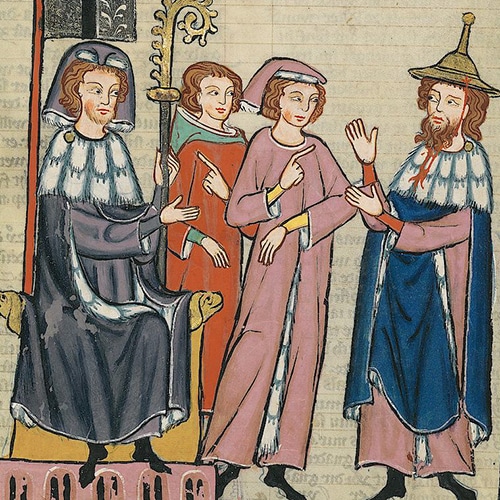
For most of the 2,000 years of Jews living in the Diaspora, the laws with which Jewish communities governed themselves applied to every aspect of a Jewish person’s life. The cultural, religious, and legal aspects: from how to celebrate Shabbat to rules about land-ownership. As long as they paid their taxes and didn’t get into disputes with non-Jews, the ruling empires mostly didn’t care what other laws Jews abided by.
But that all changed when Western Europe transformed from mostly empires to a bunch of countries, and those countries subsequently created laws that all groups needed to follow. Jewish Laws (Halacha) went from being in charge of every part of people’s lives to being limited to the religious and cultural parts.
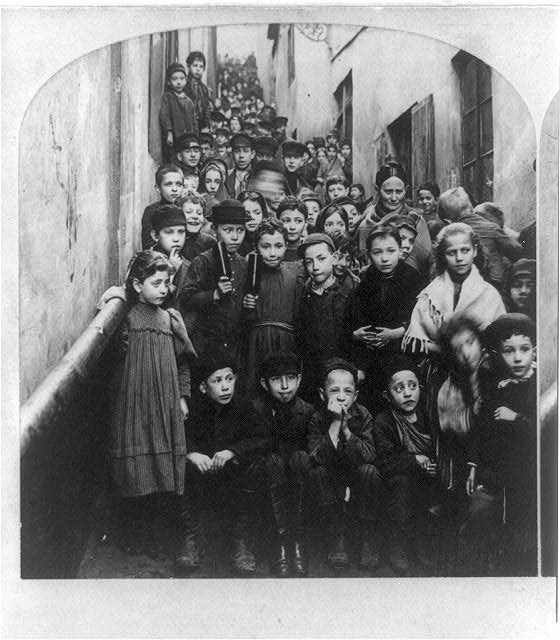
In these countries, like Germany, there were groups of Jews, the Reform movement of their day, who, in an effort to be accepted, moved away from Jewish culture like speaking Yiddish or praying in only Hebrew. Partially in an effort to embrace the modern world, they tried to focus on trying to limit Judaism as almost entirely to only a religion.
Finally, iIn 1885 in the United States, the Reform Movement, now centered in the US, created what was called their Declaration of Independence. It said that Judaism should no longer be considered a nation. It should only be considered a religion. And this, THIS, towards the end of the nineteenth century, is the first time when Judaism was labeled in a major document by a Jew, as only a religion.
It got MAJOR pushback.
Modern Orthodoxy
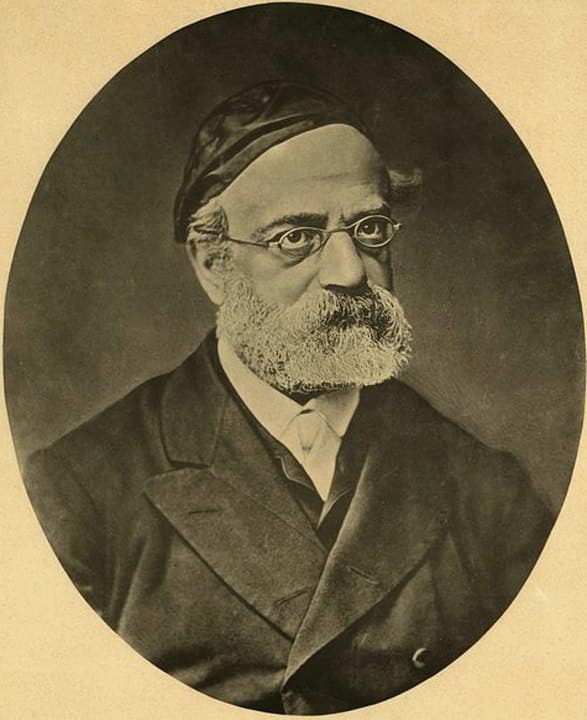
Rabbi Samson Raphael Hirsch, the forefather of modern Orthodox Judaism, said:
“Judaism is not a religion, […] Judaism is not a mere adjunct to life: it comprises all of life. To be a Jew is not a mere part. It is the sum total of our task in life.”
He argued that Judaism is not ONLY a religion. It’s more. He does agree that Judaism should not compete with national-laws of host countries. But a full expression of Judaism, in his view, requires so much more than the religious practices. Leaders in what became the Conservative Movement, agreed.
Zionism
This whole notion of Judaism not controlling its own national-laws was rejected by Zionists, who said that the Jewish people are a nation and we should be making our own laws. All of our own laws. In our own country. To the Zionists, Judaism could not reach its full expression outside of this nation-state context.without the nationalist component.
Haredi
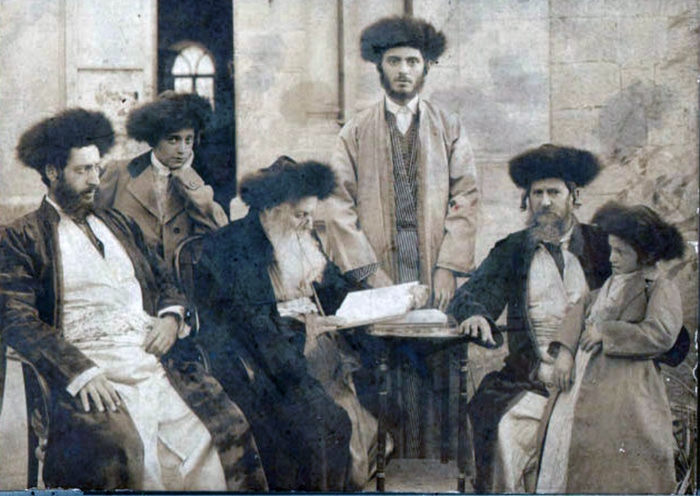
So you’ve got Reform Jews, Modern Orthodox Jews, Conservative Jews, Zionists, and then you have Haredi Jews – what some call the Ultra-Orthodox, who say that Judaism is an all encompassing way of life. To reject any one part of it, to not follow all of it, is to not live fully as a Jew. When this group first began, they isolated themselves not only from non-Jews, but also from Jews who weren’t similar to them. For them, this was the only condition in which their Judaism could be fully expressed – as a religiously, culturally, and nationally integrated society.
Consequences
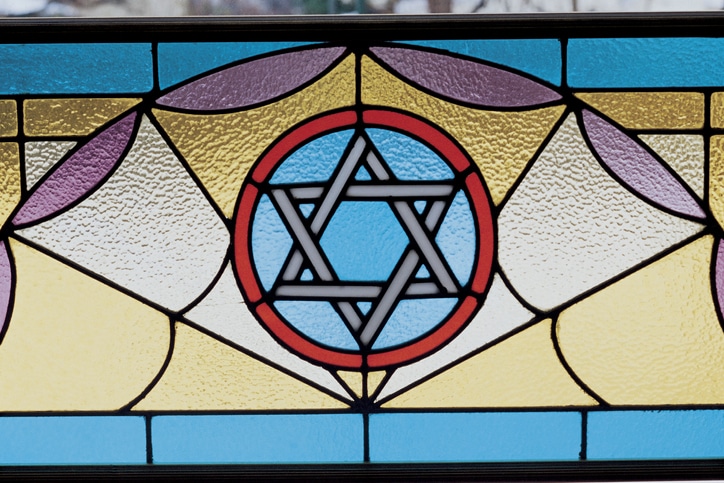
Understanding where these differences fall and how they got there helps contextualize the debates within Judaism today – the battle over what it means to have our own State, the level that Jewish Law – Halacha – should play in our day to day lives, and to what degree Judaism should dictate our cultural identity. Jews through the ages have considered these three aspects of the Jewish experience, and ended up in some very different places.
And yet, despite all of these differences, there is a shared understanding today that Judaism is and always has been more than just a religion. That Israel plays an important role. That Hebrew is a major part of who we are as a people. And that there are so many both cultural and national elements that also define us.
This series is part of a partnership with the Z3 Project. More about their work can be found here.
